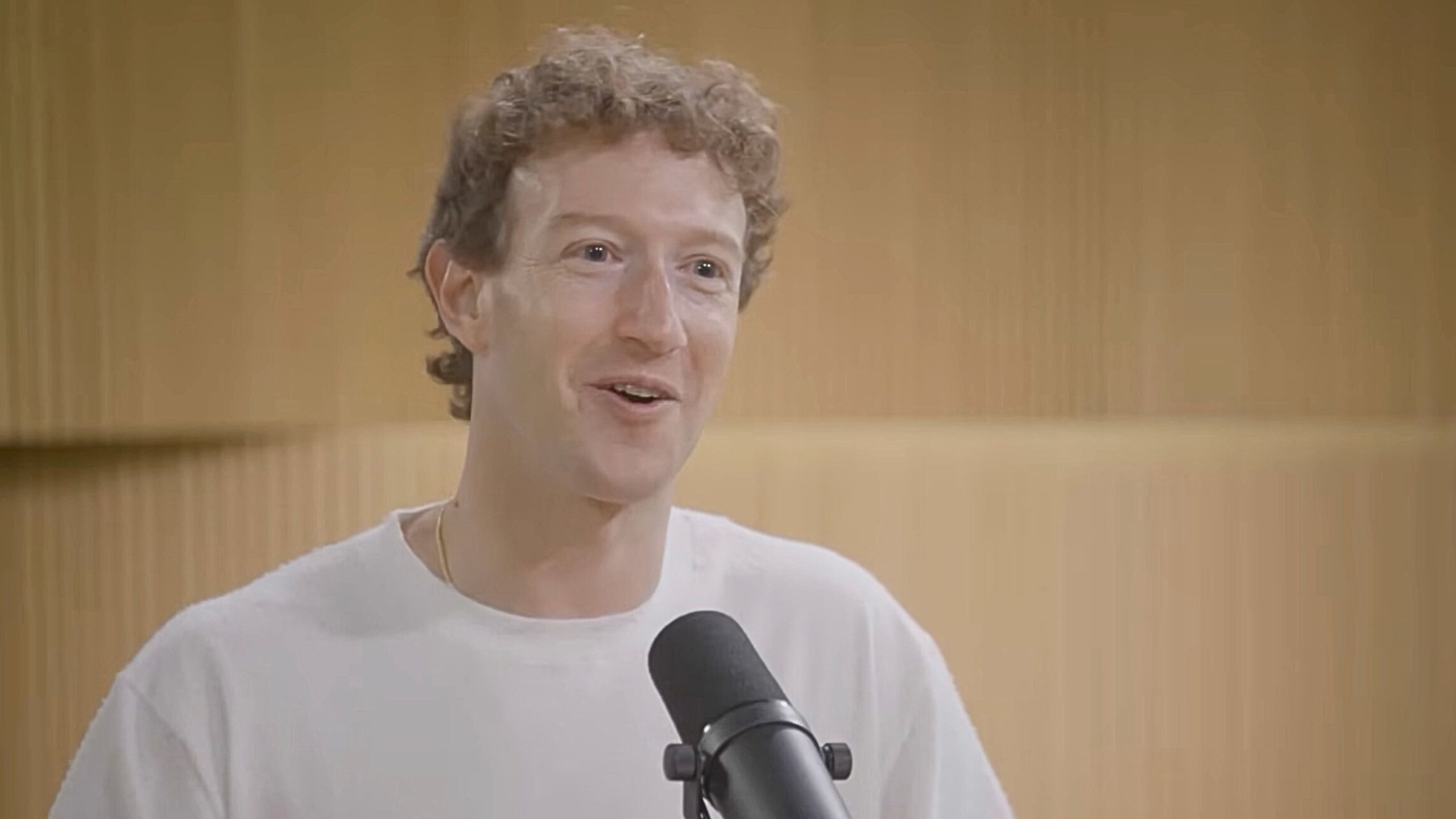A federal judge has dismissed the Federal Trade Commission’s antitrust case against Meta, ruling that the social media giant does not hold an unlawful monopoly in the digital networking space.
Judge James Boasberg, appointed during the Obama administration, said the FTC failed to prove that Meta’s ownership of Instagram and WhatsApp violated competition laws.
We obtained a copy of the ruling for you here.
The agency had argued that Meta maintained dominance in the “personal social networking” market, but Boasberg concluded that the digital market has evolved too dramatically for that claim to stand.
“The landscape that existed when the FTC sued five years ago has changed markedly,” Boasberg wrote in his decision.
He explained that dividing the online world into distinct categories, such as social networking and social media, no longer reflects reality, since “that wall has since broken down.”
Boasberg described a fast-changing environment where platforms constantly chase new trends and reinvent themselves. “With apps surging and receding, chasing one craze and moving on from others, and adding new features with each passing year, the FTC has understandably struggled to fix the boundaries of Meta’s product market,” he said.
The judge criticized the FTC’s reliance on outdated assumptions, saying the agency continues to view Meta’s competition through a narrow lens.
“Even so, it continues to insist that Meta competes with the same old rivals it has for the last decade, that the company holds a monopoly among that small set, and that it maintained that monopoly through anticompetitive acquisitions,” Boasberg wrote.
He added, “Whether or not Meta enjoyed monopoly power in the past, though, the agency must show that it continues to hold such power now.”
Meta, of course welcomed the ruling. Chief Legal Officer Jennifer Newstead said the decision “recognizes that Meta faces fierce competition.”
She added, “Our products are beneficial for people and businesses and exemplify American innovation and economic growth. We look forward to continuing to partner with the Administration and to invest in America.”
The FTC expressed frustration with the outcome. Joe Simonson, the agency’s Director of Public Affairs, said it was “deeply disappointed in this decision.”
He alleged that “the deck was always stacked against us with Judge Boasberg, who is currently facing articles of impeachment,” and noted that the agency is “reviewing all our options.”
The Meta case is one of several recent challenges the government has brought against major tech firms. In a related effort earlier this year, US District Judge Amit Mehta rejected a Justice Department attempt to force Google to divest its Chrome browser.
Mehta instead ordered the company to share certain data with competitors and barred it from signing exclusive contracts. Last year, he concluded that Google held an illegal monopoly over internet searches.










